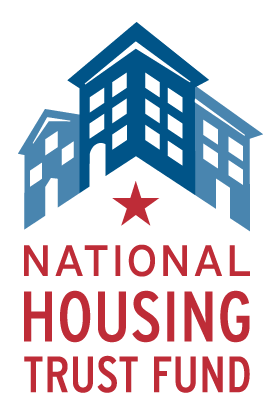Racial Minorities and Women Lose Out on Mortgage Interest Deduction
Apr 18, 2016
 Research by real estate website Trulia titled Minorities and Women are Losing Out on Homeownership and Tax Breaks finds that members of racial minorities and women are less likely to own a home with a mortgage, making them ineligible for the mortgage interest deduction (MID). The MID, therefore, likely contributes to wealth inequality between genders and among racial and ethnic groups. The authors propose eliminating the MID or converting it to a housing tax credit for both homeowners and renters.
Research by real estate website Trulia titled Minorities and Women are Losing Out on Homeownership and Tax Breaks finds that members of racial minorities and women are less likely to own a home with a mortgage, making them ineligible for the mortgage interest deduction (MID). The MID, therefore, likely contributes to wealth inequality between genders and among racial and ethnic groups. The authors propose eliminating the MID or converting it to a housing tax credit for both homeowners and renters.
Trulia found that single women and racial minority households of the same income and age were less likely to own a home with a mortgage than single men and white households. Single women were 6.2% less likely to own a home with a mortgage than single men. Black households were 56.9% less likely and Hispanic households were 50.9% less likely to own a home with a mortgage than white households.
Some metropolitan areas were exceptions. Single women were more likely to have a mortgage than single men in 15 of the 100 metropolitan areas examined. There was no statistical gender difference in 63 of the 100 areas. In none of the 100 metropolitan areas were black households more likely to own a home with a mortgage than white households, and in just seven areas were Hispanic households more likely to have a mortgage than white households.
NLIHC’s analysis of mortgage data in A Rare Occurrence: The Geography and Race of Mortgages Over $500,000 showed that mortgages over $500,000 accounted for only 5% of home mortgages originated from 2012 to 2014 and white borrowers were more likely to have such mortgages than other borrowers. White borrowers were two and a half times more likely than black borrowers and two times more likely than Hispanic borrowers to obtain mortgages over $500,000, which further contributes to racial income disparities. Nationwide, 4.4% of white mortgage borrowers, 2.4% of Hispanic borrowers and 1.8% of black borrowers obtained mortgages of more than $500,000 from 2012 to 2014.
The NLIHC-led United for Homes campaign proposes modifying the MID by limiting the portion of a mortgage against which someone can claim a tax break to the first $500,000 of mortgage debt, down from $1.1 million today, and by converting the MID to a nonrefundable tax credit. Phasing in these changes over five years would save the federal government more than $200 billion over ten years that could be invested into the National Housing Trust Fund. Converting the MID to a tax credit would provide tax relief to millions of low and moderate income homeowners who do not currently benefit from the MID, the great majority of whom have incomes of less than $100,000.
Minorities and Women are Losing Out on Homeownership and Tax Breaks is available at http://www.trulia.com/blog/trends/minorities-women-mortgage/.
A Rare Occurrence: The Geography and Race of Mortgages Over $500,000 is available at http://nlihc.org/sites/default/files/Rare-Occurrence_print.pdf.